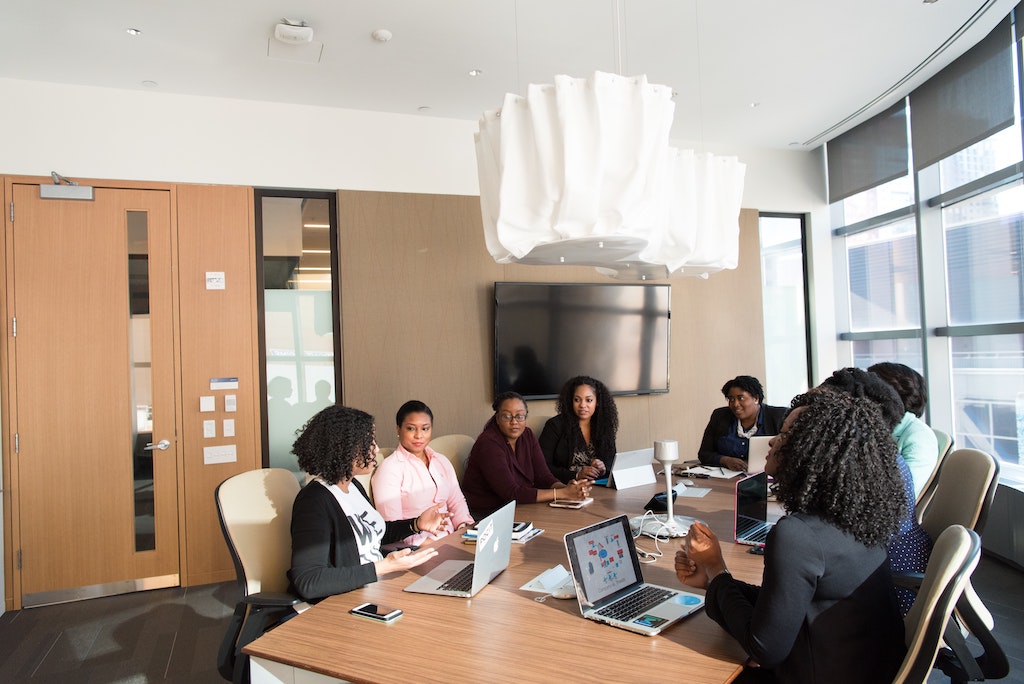The National Environment Agency (NEA) has developed and released interim guidelines to help residents carry out cleaning and disinfection operations within their residential premises. This follows from an earlier set of interim guidelines, released on 26 January 2020, for the cleaning and sanitation of non-healthcare commercial premises to guide businesses and owners of premises in their clean-up operations.
Guidelines to ensure proper cleaning and disinfection
In consultation with the Ministry of Health (MOH) and the National Centre for Infectious Diseases (NCID), NEA has developed interim guidelines to assist owners and operators of non-healthcare premises to carry out cleaning and disinfection operations for areas that have been exposed to confirmed cases of the Wuhan coronavirus infection, as well as interim guidelines for the cleaning and disinfection of residential units that may have been exposed to the Wuhan coronavirus. As the transmission dynamics for the virus have yet to be fully determined, these guidelines are interim in nature, and will be updated as more is known.
These guidelines are developed and tailored according to the type of premises, such that residents and owners are able to carry out cleaning and disinfection operations on their own. They outline the approach to cleaning and disinfection of frequently touched surfaces, the use of appropriate disinfectants, the proper use of personal protective equipment (PPE) such as surgical masks and gloves, and the appropriate disposal of waste after clean-up, amongst others. These guidelines are available on both the NEA and MOH websites.
NEA and MOH have also been liaising closely with, and providing support to, residents and owners of premises, to ensure that the cleaning and disinfection of areas are done in accordance with the interim guidelines. For hotels where confirmed cases of the Wuhan coronavirus infection were reported, NEA has additionally provided contacts and helped liaised with cleaning companies that provide disinfection services.
Sanitation and hygiene advisories for various sectors
As a precautionary measure to minimise the risk of transmission of the Wuhan coronavirus, NEA has also developed sanitation and hygiene advisories with the respective regulators and sector leads. The advisories have been disseminated to hotels, public and private transport operators, and Food & Beverage outlets, including hawker centres. These stakeholders own or operate premises and facilities with high public access. NEA is also working with other agencies and sectors to issue similar advisories to other stakeholders.
Owners and relevant stakeholders involved in the cleaning and estate maintenance of hotels and public and private transport are strongly encouraged to step up their cleaning standards and implement measures to upkeep good public health hygiene. These include:
- Increasing the frequency of cleaning of areas with high contact points, such as toilets, lifts, refuse bins and hand rails, amongst others;
- Cleaning toilets regularly and paying attention to areas with high human contact, such as water taps, door/ towel/ cistern handles, seats and cover flaps, wash basins, grab poles, buttons and switches;
- Ensuring that refuse bins are covered at all times, cleared daily and there is no spillage; and
- Staff to practice good toilet habits, good personal hygiene and good food hygiene (for F&B outlets).
Collective action needed from all stakeholders
Whilst NEA continues with its efforts to provide guidance and support to owners of premises and relevant stakeholders involved in cleaning and estate maintenance of places with high human traffic, we urge collective efforts and cooperation from all parties to step up their existing sanitation measures and public health practices. This will help maintain a high level of public hygiene and standards in their premises, and ensure the safety of occupants and visitors coming through their premises.
Members of the public are also encouraged to adopt the following “seven habits” of public hygiene practices at all times:
- Avoid contact with live animals including poultry and birds, and consumption of raw and undercooked meats;
- Avoid close contact with people who are unwell or showing symptoms of illness;
- Observe good personal hygiene;
- Practice frequent hand washing with soap (e.g. before handling food or eating, after going to the toilet, or when hands are dirtied by respiratory secretions after coughing or sneezing);
- Wear a mask if you have respiratory symptoms, such as a cough or shortness of breath;
- Cover your mouth with a tissue if you have to cough or sneeze, immediately dispose of the soiled tissue in the rubbish bin, and wash your hands with soap; and
- Seek medical attention promptly if you are feeling unwell.
Members of the public may refer to the NEA website link at www.nea.gov.sg/environmental-cleaning-guidelines for more information on the interim guidelines. For queries on the interim guidelines, members of the public may contact NEA at the 24-hour hotline at 1800-2255 632.










